2024 Formula 1 Host Countries Ranked By Their Respect For Human Rights
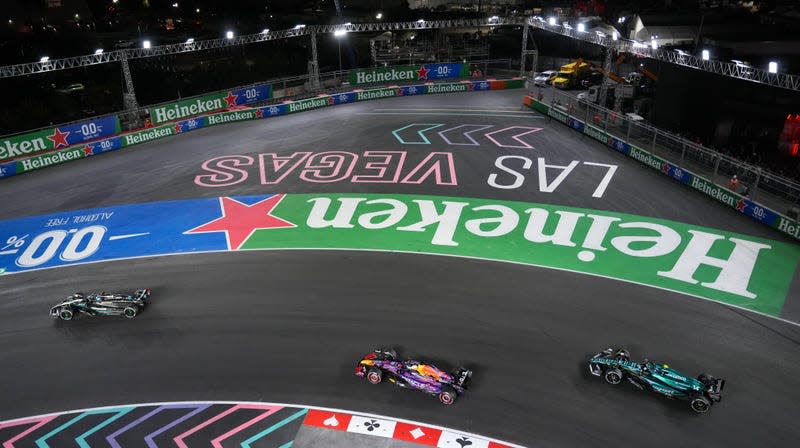
Formula 1 is a multi-million dollar form of motorsport that jets a lot of rich dudes all around the world. It’s a sport where cash is king, and The Powers That Be will take that cash no matter where it comes from. Sometimes, the money comes from other well-to-do rich dudes who have been investing in F1 for so long that decorum requires a continued business deal. Other times, though, the money comes directly from questionable political regimes that have shown a blatant disregard for a little thing called “human rights.”
Today, we’re taking a look at the 20 different countries that will host 24 Grands Prix this year to see just how well those countries respect things like bodily autonomy, public services, equitable laws, and more. Monaco has not been included, since it’s a principality, which therefore means it is not often compared to other countries.
Our data is pulled primarily from two sources. The Global Economy is a research base that selects, compiles, and presents all kinds of data on foreign countries; it allows you to analyze and compare countries on metrics like their economic prosperity or their respect for human rights. We’re then pulling more specific information from Amnesty International. This list begins with the most respectful country and proceeds down to the country with the least regard for human rights. Each slide includes a country name, followed by the number assigned to that country in the most recent edition of the Human Rights And Rule Of Law Index. This index ranks each country on a scale of 0 through 10; the higher the number, the more issues there are with human rights in that country.
Austria: 0.4/10

Of all 20 countries on F1's calendar this year, Austria is the best place to go if you want to feel safe and respected. Its Human Rights And Rule Of Law Index score is 0.4, making it the fourth-best country in the world for rights!
Unfortunately, you may need to leave some of your rights behind when you step into the track, because fans have been facing harassment for, say, being a woman, or being a minority, or having a disability. Amnesty International notes that women and girls still face violence at a higher rate than men and that freedom of expression is under pressure.
Netherlands: 0.6/10
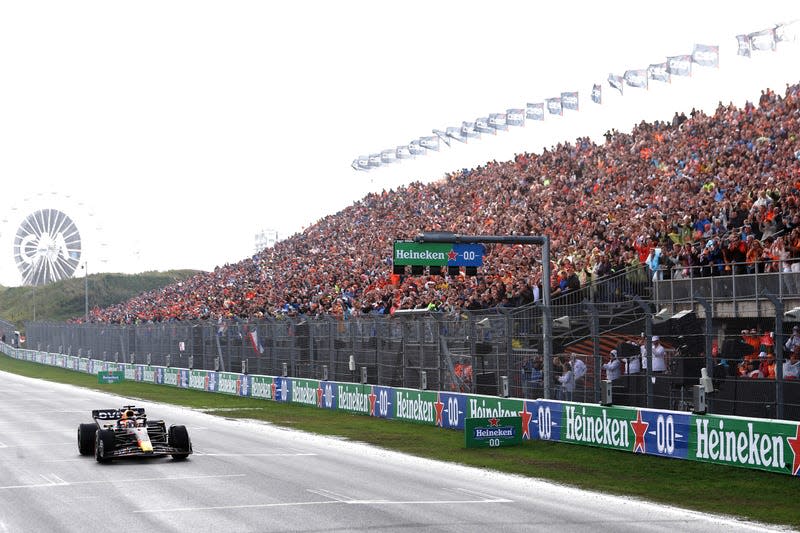
Also ranking high on the list is the Netherlands, home of both the Dutch Grand Prix and Max Verstappen. Its Human Rights And Rule Of Law Index score is 0.6, making it the seventh-best country to live in when it comes to seeking equality and freedom. There are still issues regarding the safe housing of asylum seekers, and there are still concerns about discriminatory algorithms used to detect tax and benefit fraud, but all things considered, it’s a pretty decent place to exist.
Italy: 0.8/10
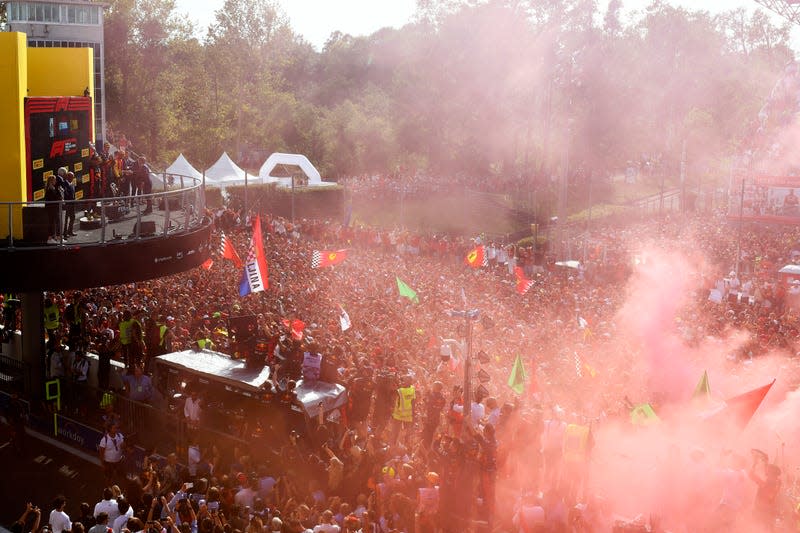
Italy is one of two countries that hosts multiple F1 events in a season, the first coming at Imola in May and the second at Monza in September. It’s also shaping up to be a pretty solid place to live. Its Human Rights And Rule Of Law Index score is 0.8, and out of 177 countries, it’s the ninth most respectful to human rights. Amnesty International, though, points out that there are concerns with torture, excessive force used against demonstrators, violence against women, and the accommodations given to asylum seekers.
Belgium: 0.9/10
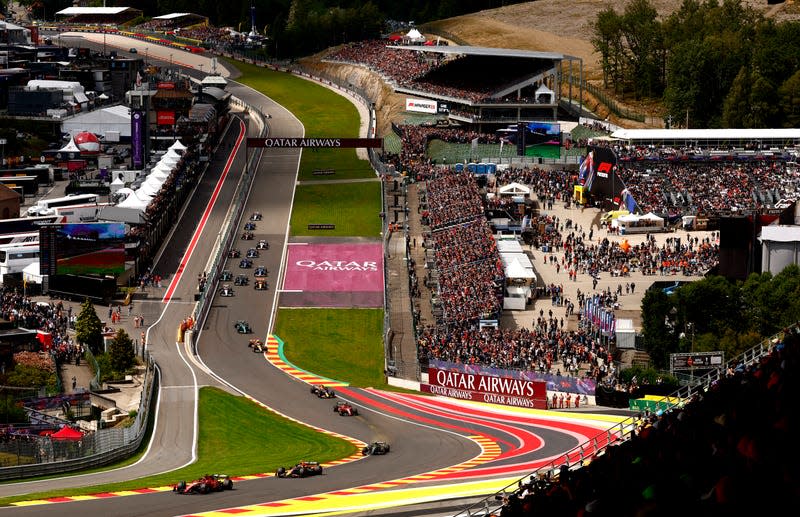
The Belgian Grand Prix is one of the classic events on the F1 calendar, and Belgium itself ranks 11th out of 177 countries on the Human Rights And Rule Of Law Index in terms of excellent countries to live in. Amnesty International highlights ongoing problems with asylum seekers, structural discrimination, and the treatment of criminals.
Spain: 1.5/10
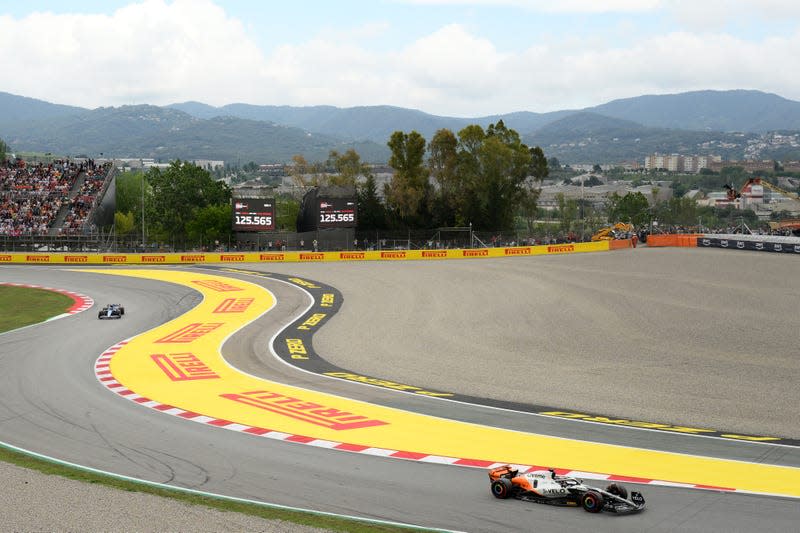
Spain takes home a score of 1.5 on the Human Rights And Rule Of Law Index, making it a decent place to go and still expect your rights to be protected. Still, Amnesty International notes that there are ongoing problems with violent repression of people crossing borders, and that women are still subject to close regulation via criminalized sex work and violence.
Canada: 1.6/10
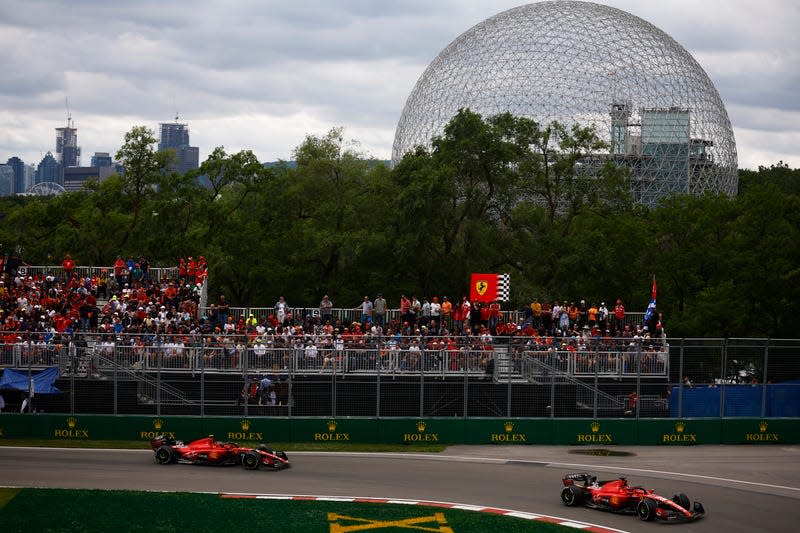
Just two slots away from Spain on the Human Rights And Rule Of Law Index is Canada, with a score of 1.6. The Great White North still struggles with discrimination and land rights, especially as it comes to the Indigenous communities scattered throughout the country. Amnesty International notes that other marginalized groups face systemic inequalities as well.
Australia: 1.9/10
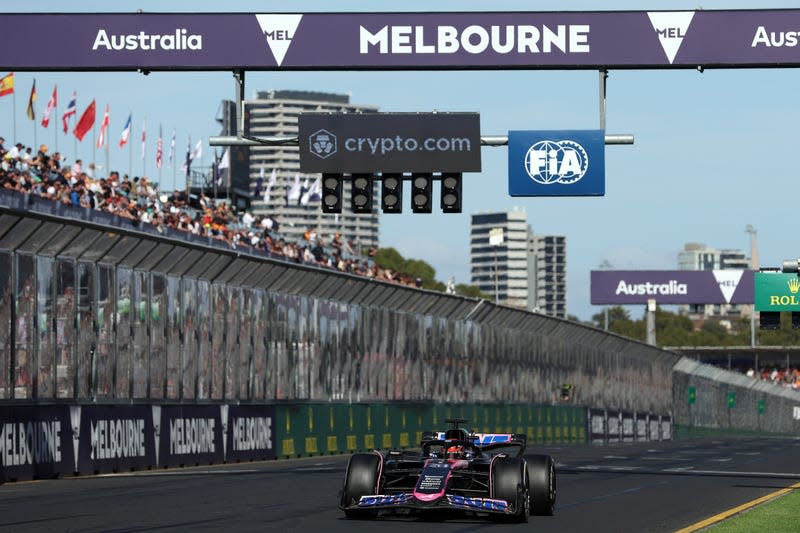
Australia is now one of the only human rights friendly races to take place during the first five events of the season! Its Human Rights And Rule Of Law Index score is 1.9, still keeping it within the top-25 countries that respect human rights. Amnesty International notes that there’s ongoing discrimination against Five Nations peoples, that asylum seekers have been indefinitely detained, and that child detainees are especially prone to rights violations.
United Kingdom: 2.4/10
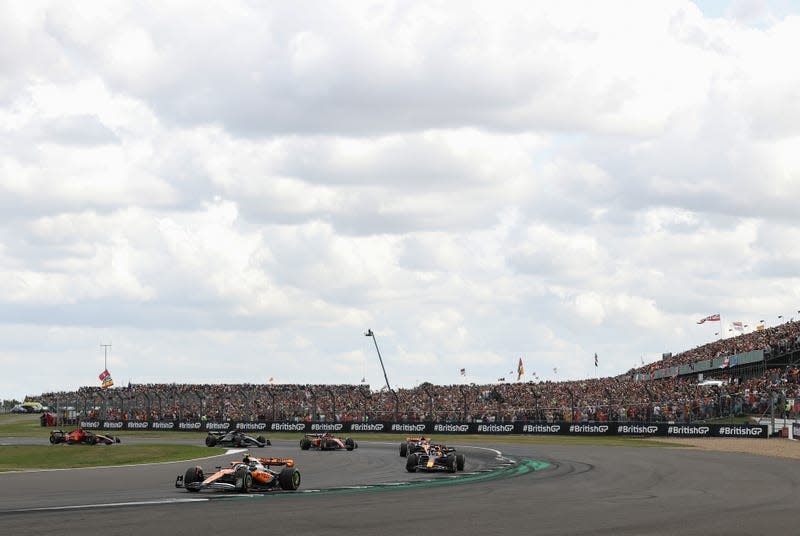
Jolly old England, which likes to claim that it’s the birthplace of Formula 1, is not necessarily the birthplace of admirable human rights legislation thanks to its score of 2.4 on the Human Rights And Rule Of Law Index. Recent laws have continued to erode prior human rights guarantees in the form of inconsistent reproductive support and attacks on the right of freedom and assembly.
Japan: 2.9/10
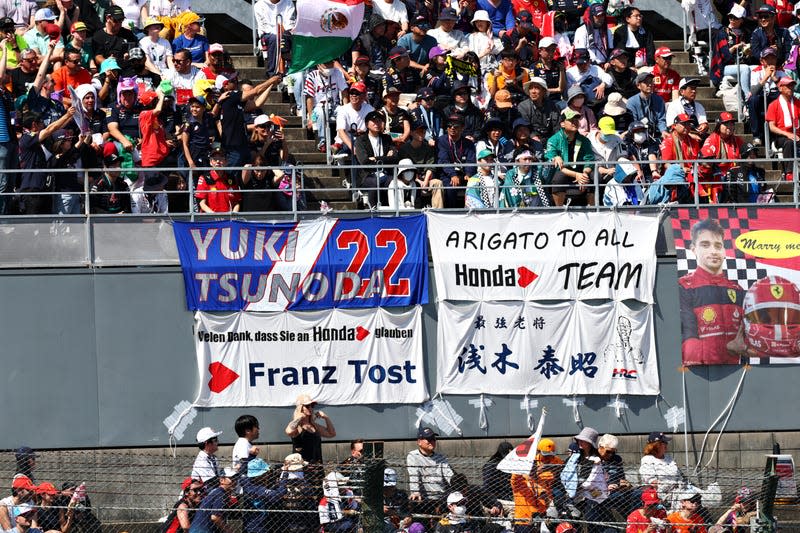
The Japanese Grand Prix is almost always a thriller, though its Human Rights And Rule Of Law Index score of 2.9 highlights that there are some concerns to tackle. Amnesty International notes that the negative score here is bolstered by the ongoing discrimination against women, migrants, asylum seekers, ethnic Korean people, and LGTBQ+ people. Foreign nationals also face lengthy stays in detention facilities where they’re generally treated poorly. Also contributing to a lower score is the fact that Japan still retains provisions for using the death penalty.
USA: 4.5/10
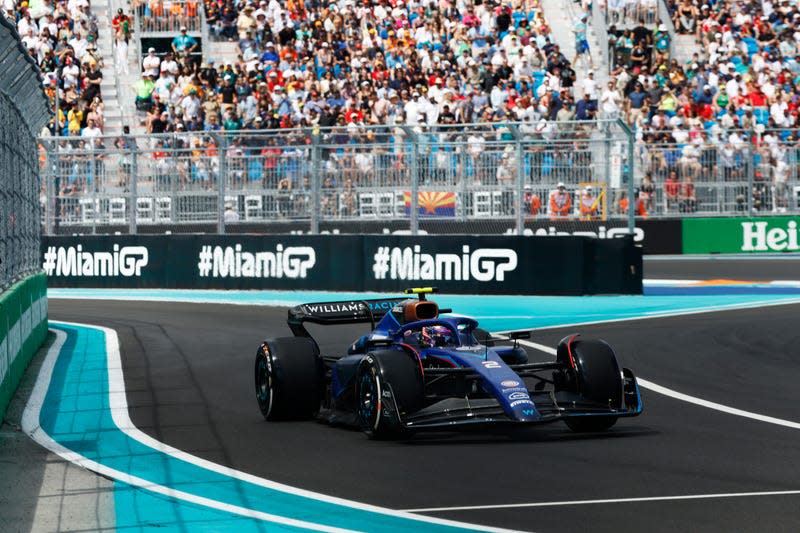
Our first big leap into bad-behavior territory comes in the leap to the United States. The country that hosts three different F1 events throughout the year scored a 4.5 on the Human Rights And Rule Of Law Index, placing it in a bit of hot water. Recent ideological shifts mean that there has been a growing limitation of human rights, including abortion rights, gun regulations, and the treatment of asylum seekers crossing the U.S.-Mexican border.
The Human Rights Campaign Foundation separated all 50 U.S. states into four different categories: working towards innovative equality, solidifying equality, building equality, and high priority to achieve basic equality. Texas and Florida, two states in which F1 races, are in that last category; legislation in these states often discriminate against marginalized groups and contribute to the erosion of quality of life. Nevada, meanwhile, is included in the first category, which means it’s one of 20 states that already have a broad range of protections for marginalized groups and that are continuing to work toward better protections.
Singapore: 4.8/10
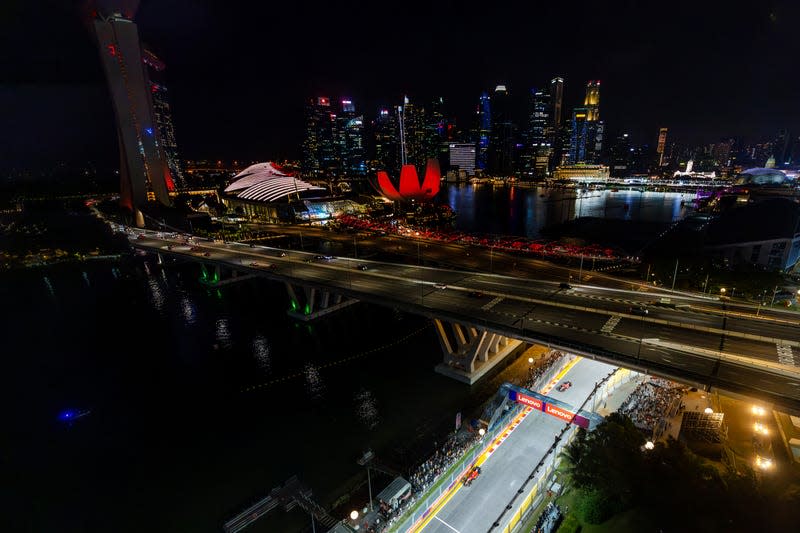
Singapore, home of the original F1 night race, takes home a 4.8 in the Human Rights And Rule Of Law Index. Amnesty International notes that executions and the death penalty are still allowed in the country, and that in 2023, laws designed to silence dissent became more prominent. LGBTQ+ rights are also currently in flux; it is no longer illegal for men to engage in sexual relations together, but same-sex marriage is still vehemently opposed.
Mexico: 5.5/10
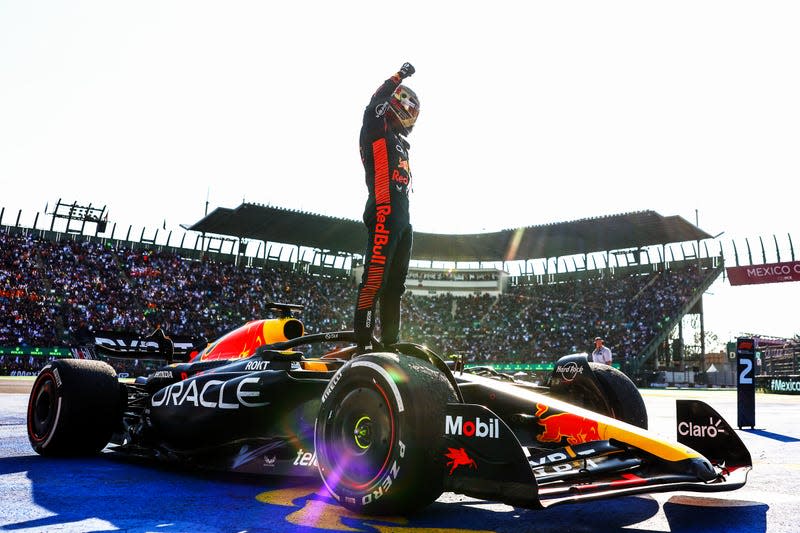
With Mexico, we broach two noteworthy goals: this is the first country to stand within the top-100 worst countries for human rights on this list, and it’s also the first country to cross the halfway point in terms of human rights abuses.
According to Amnesty International, that shouldn’t come as a surprise. The state has grown more militarized in recent years, while feminists and human rights defenders face violent oppression. Journalists critical of the state are regularly killed, while over 100,000 people are registered as missing or disappeared. There’s also a serious obfuscation of truth; Mexico intentionally makes it difficult for victims of human rights violations to find recourse.
Qatar: 5.8/10
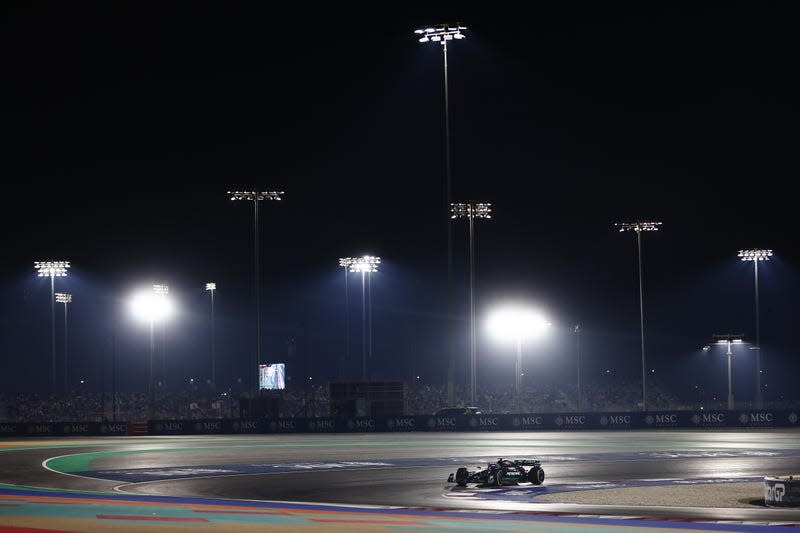
Qatar and the next country on the list, Hungary, are tied, sharing Human Rights And Rule Of Law Index scores of 5.8. Last year, the Qatar Grand Prix was characterized by horrible heat and humidity, but the citizens of the country may face much worse. Women are discriminated against; it is illegal for them to travel, study, or marry without permission of a male guardian. It’s also dangerous to identify as a member of the LGBTQ+ community, who are arrested and tortured in large numbers. Migrant workers also face abuses by the countries that employ them.
Hungary: 5.8/10

Hungary has faced criticism for its ongoing persecution of LGBTQ+ and Roma, or traveler, people. Migrants and refugees have seen their rights stripped away despite Hungary violating European Union law, and women’s bodies have been further legislated.
United Arab Emirates: 7.1/10

Our second big bump in human rights abuses comes between Hungary and the United Arab Emirates. The country that hosts F1's season finale each year has earned a Human Rights And Rule Of Law Index score of 7.1; Amnesty International notes that this score likely comes from the continued repression of rights of expression and assembly, while many people are detained arbitrarily.
Azerbaijan: 7.4/10
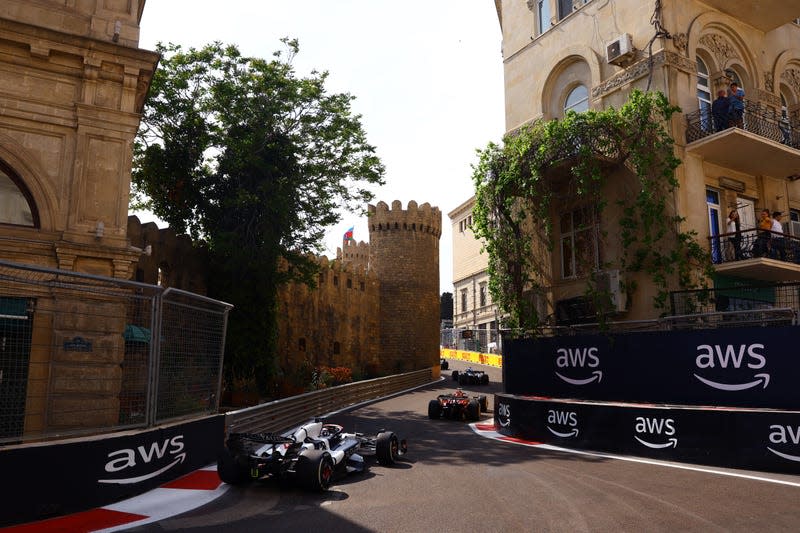
When Azerbaijan was introduced to the F1 calendar in 2017, it faced a fair bit of pushback thanks to the country’s inhospitable human rights stances; however, the chaos of the inaugural races seemed to allow many people to change their minds about the country overall. It nevertheless has earned a Human Rights And Rule Of Law Index score of 7.4, and Amnesty International notes that the country is in regular violation of international humanitarian law. Citizens can’t speak, assemble, or meet up with people freely; the government can arbitrarily decide to arrest or prosecute anyone for anything as simple as peaceful protests or newspaper reporting. Azerbaijan is also the first country on our list to crack the 50 worst countries for human rights.
Brazil: 7.6/10
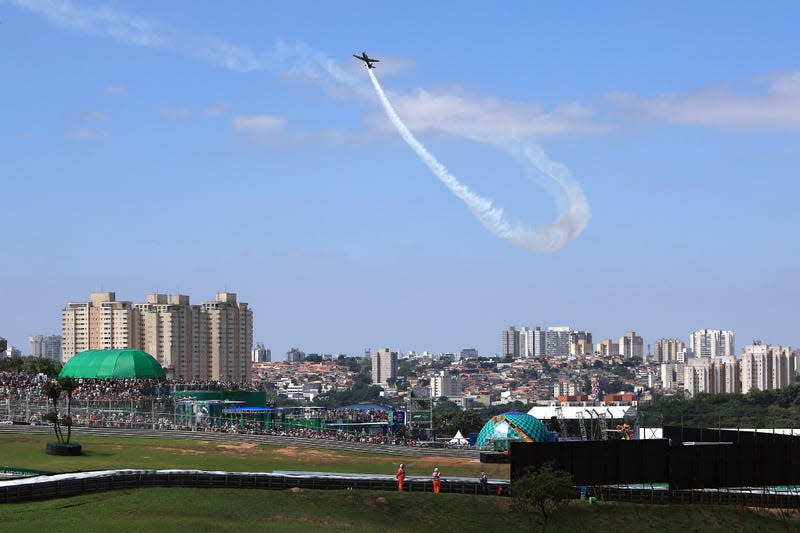
Brazil is known for its passionate motorsport fans but not so much for its respect for human rights. It takes home a Human Rights And Rule Of Law Index score of 7.6, which is driven largely by race-based state violence. Black people — especially Black women — are targets of violence, while former President Bolsonaro regularly made inflammatory statements that encouraged people to engage in politically motivated violence. Journalists and human rights defenders were arrested or killed, and there has not been any significant effort to heal the historic racism against Black and Indigenous folks.
Correction: This story originally indicated that Jair Bolsonaro was still the president of Brazil. He is not. We’ve updated the story and regret the error.
Saudi Arabia: 8.4/10
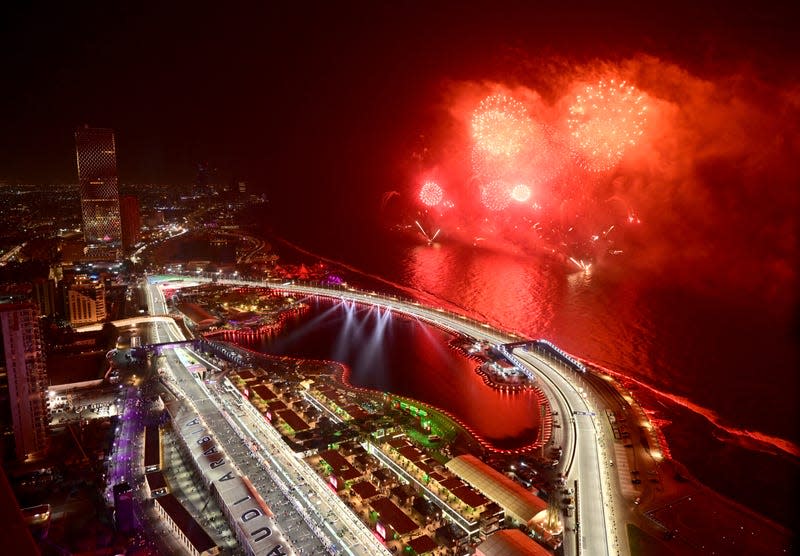
Saudi Arabia tends to take a lot of heat for its anti-rights stances, but it isn’t the worst country on our list. Its Human Rights And Rule Of Law Index score of 8.4 does place it within the top-25 worst countries for human rights abuses, though, and that is largely due to the fact that the government does not allow people to freely express themselves or associate with others. Saudi Arabian citizens have been harassed, imprisoned, tried in unfair courts, and killed, while Jeddah — current home of the F1 race — forcefully evicted thousands of residents.
Bahrain: 8.6/10
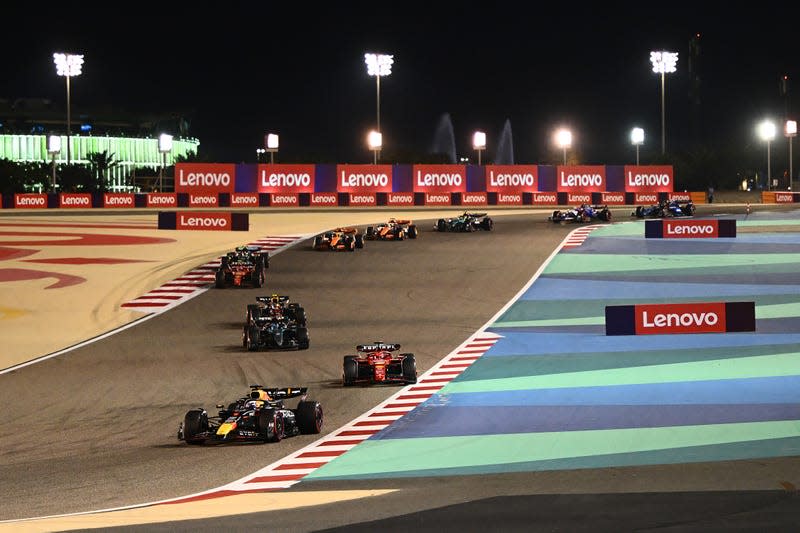
Next on our list is Bahrain, which earns a Human Rights And Rule Of Law Index score of 8.6. As per Amnesty International, Bahrain is notorious for the cruel treatment of its prisoners, including everything from torture to the ongoing denial of medical care. Migrant workers have few protections, and citizens can be detained for expressing opinions that the government does not agree with.
China: 9.7/10
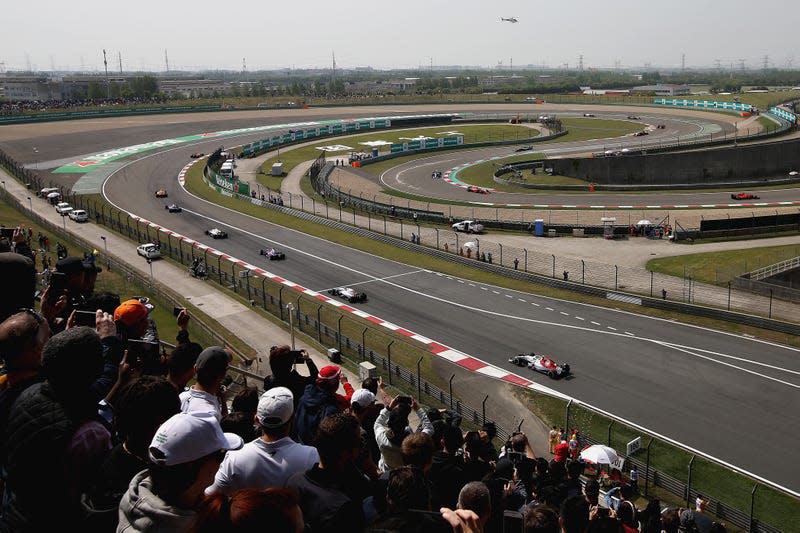
This weekend marks the return of the Chinese Grand Prix, which will be taking place for the first time in five years. According to the Human Rights And Rule Of Law Index, it’s the third-worst country in the world, topped only by Iran and Yemen. Amnesty International highlights concerns with restrictive government oversight, censorship, and punishment of anyone who may disagree with the country’s direction. Women face regular assault, ethnic minorities face ample repression, while peaceful activists and demonstrators are punished for what are ultimately legitimate activities. Y’know — just a little something to think about ahead of the Grand Prix this weekend.


